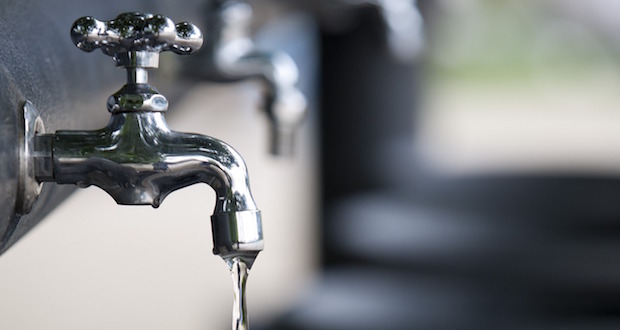
A World Water Day report from the International Tourism Partnership (ITP) outlines six steps that the hotel sector can take to protect water and become stewards of the vital resource for future generations.
World Water Day on March 22 comes less than a month before authorities plans to switch off the water supply in Cape Town, South Africa, throwing water crises around the world into sharp relief. Forty percent of the world’s population suffers water shortages for at least one month each year, ITP notes. Countries forecasted to have the highest water stress in the coming years are also among those with the greatest tourism growth, putting hotel companies at the forefront of current and future water challenges, including water scarcity, pollution, extreme weather events, governance, and access to clean water, sanitation, and hygiene (WASH).
While water is a global concern, water resources can only be managed at a local level, making corporate water management very complex for multinational hotel companies. ITP’s guidance aims to bridge the gap between local water issues and company-wide water policies by recommending six steps essential to any corporate water stewardship strategy. The guidance is backed up by new research from ITP sponsored by Ecolab with Greenview’s expertise due to be released later this year.
“Without water hotels simply cannot operate, therefore it is in the companies’ own interests to embed water stewardship throughout their portfolio and for their future development,” ITP Program Manager Nicolas Perin says. “Water stewardship in hotels addresses the physical, health, regulative, reputational, and financial risks hotel companies will increasingly face. Our latest guidance and research insights provide hotel companies with evidence-based information on how much water risk may impact and cost their properties in future years with an unprecedented level of detail in the industry.”
“Last year we launched the four ITP Goals for 2030, supported by our member hotel groups and aligned with the United Nations’ Sustainable Development Goals, which included our goal on water,” Perin continues. “Our role now is to support members on their journey to achieving these goals, and this report represents our understanding of the global water risk, hotels’ role as global operators and high consumers, and the steps they must take to become responsible water stewards and good neighbors.”
A hotel can consume up to 400 gallons (about 1,500 liters) daily per occupied room, and in some countries guests use ten times or more water than is typical for local people. Hotels can embed certain practices to reduce their water footprint. Here are six steps for hotels to achieve an effective water strategy:
1. Understand your relationship with water. Quantifying current and future water use, identify the hotel’s water sources, impact, and dependencies, and share that information through reporting and engagement with local stakeholders. ITP provides research, tools and benchmarking to help hotel companies through this step.
2. Set targets and create a plan of action. Prioritize areas where the best impact can be made and define long-term targets based on science and local contexts. Set indicators for progress with trackable metrics and transparent performance indicators that each property can report against.
3. Manage water sustainably in your operations. Identify water efficiencies at the property level, ensure adequate wastewater treatment, reduce the hotel’s pressure on freshwater resources by recycling water, and involve staff and guests in water stewardship measures.
4. Work with suppliers on water. Analyze products and services of highest spending and engage with suppliers regarding their water stewardship to better identify and address the property’s indirect impacts on water in basins where they are operating.
5. Build resilience to extreme events and water shortages. A water stewardship strategy should include procedures and provisions to provide immediate relief effort, address recovery needs, and help mitigate against future occurrences of extreme weather events. Properties should focus on improving their resilience to floods, manage their freshwater supply, and protect local communities when disaster strikes.
6. Collaborate on sustainable water management. Hotels need to understand the local water risks and opportunities, engage with existing water initiatives, share information with the public sector and other water users, and support access to clean water, health, and sanitation.











